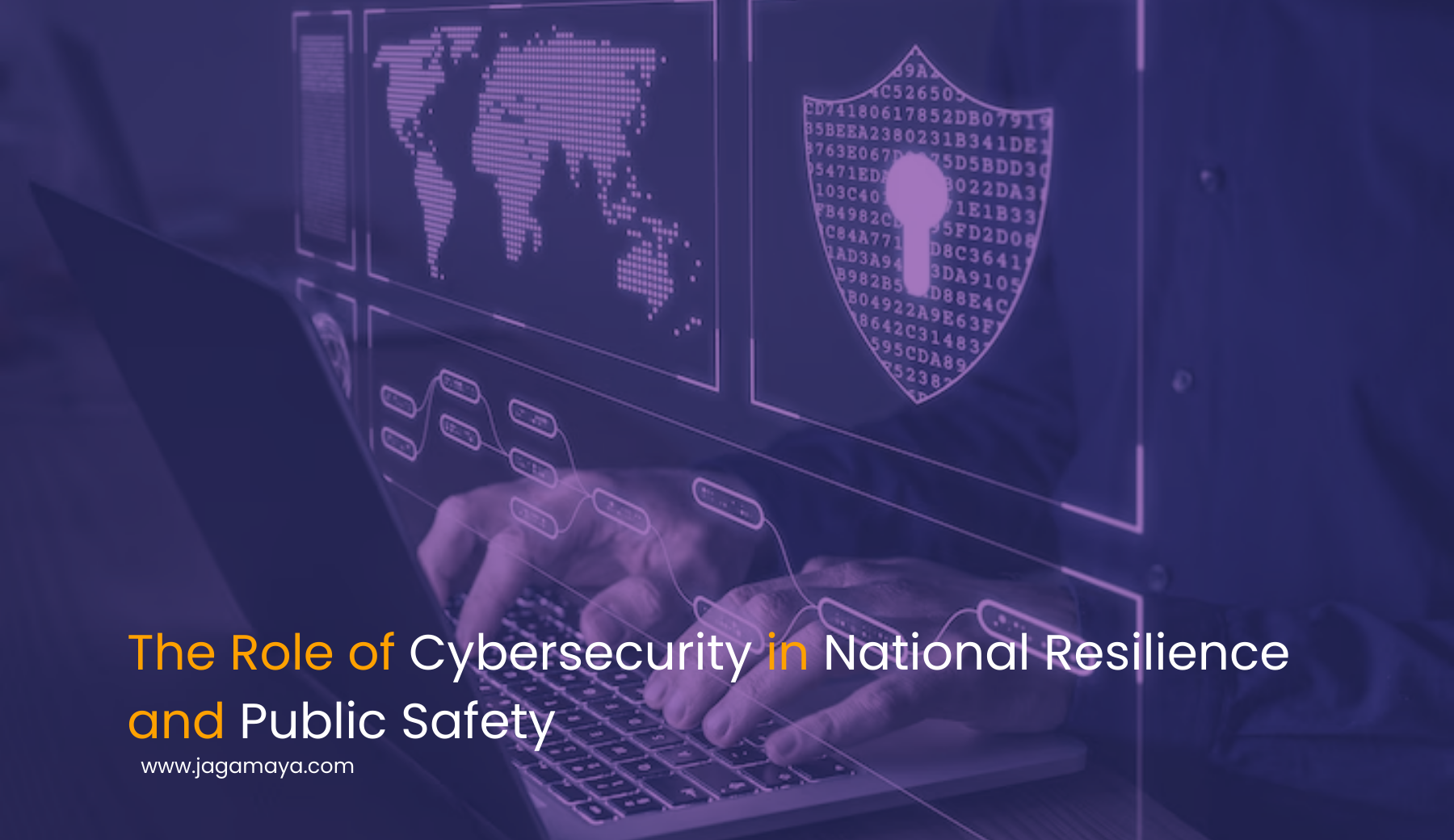In an era where digital threats can compromise essential services, national resilience is no longer just about military strength or economic stability—it’s about the ability to defend our digital frontiers. From ensuring public safety to safeguarding critical infrastructure, cybersecurity plays an increasingly vital role in the protection and continuity of modern nation-states.
Why Cybersecurity is Now a Core Pillar of National Resilience
The modern world runs on interconnected systems—electric grids, hospitals, transportation, government services, and communications—all reliant on digital infrastructure. When these systems are attacked, the impact is not just technical—it’s deeply human. The ransomware attack on Ireland’s Health Service Executive in 2021, for instance, paralyzed hospital operations and endangered lives (source).
As nations digitalize rapidly, governments must recognize cybersecurity as a core element of resilience planning, not just a technical afterthought.
The Evolving Cyber Threat Landscape
Modern cyber threats range from financially motivated ransomware attacks to sophisticated state-sponsored espionage. In Southeast Asia alone, critical infrastructure—particularly data centers and energy networks—have become top targets for cyberattacks (ASEAN cybersecurity outlook).
Attackers are using advanced persistent threats (APTs), zero-day exploits, and deepfakes to infiltrate and manipulate systems. The digital battlefield is asymmetrical—meaning that even a small group of bad actors can cause disproportionate disruption.
Data Centers: The Backbone of National Operations
Data centers house the sensitive data and digital services that keep governments, businesses, and emergency services running. In Indonesia, the mandate under PP 71/2019 for local data storage by strategic electronic system operators reinforces the importance of data localization in national defense (JagaMaya blog on PP 71/2019).
A breach or disruption in a national data center could cripple communication networks, freeze public service delivery, and paralyze economic activity.
Cybersecurity as Public Safety Infrastructure
Cybersecurity isn’t just about defending corporate networks—it is a form of public safety. Disinformation campaigns during elections, hijacking of emergency response systems, or tampering with traffic control infrastructure are all examples where cybersecurity failures directly endanger citizens.
The integration of cybersecurity into national emergency preparedness plans is critical. The U.S. Cybersecurity & Infrastructure Security Agency (CISA) regularly conducts cross-sector simulations to test resilience against cyber incidents (CISA Resilience Framework). Indonesia must follow suit.
National Policies and Legal Frameworks
Indonesia has taken major steps forward with the enactment of UU PDP (Law No. 27/2022 on Personal Data Protection) and Government Regulation No. 71/2019, which emphasize data localization and privacy. But policy without enforcement and infrastructure falls short.
JagaMaya advocates for:
- Regular national cybersecurity risk assessments
- Mandated incident response planning for all strategic sectors
- Incentives for local cybersecurity innovation and infrastructure
Cybersecurity Collaboration: A Whole-of-Nation Approach
True resilience is only possible through collaboration:
- Public-Private Partnerships: Government agencies and tech firms must work hand-in-hand to build secure national platforms. This is a key principle behind Indonesia’s ID-SIRTII and collaborative models in countries like Singapore (Singapore’s Cybersecurity Strategy).
- International Cooperation: In a global threat landscape, no nation can defend alone. Participation in international cybersecurity treaties, intelligence sharing, and harmonization of standards are all crucial.
- Community Awareness: Public education and digital hygiene practices are foundational. The human element is still the weakest link in most attacks.
JagaMaya’s Commitment: Securing Indonesia’s Digital Future
At JagaMaya, we understand that cybersecurity is not just an IT function—it’s a matter of national interest. We support national resilience efforts by:
- Providing secure and localized SIEM (Security Information and Event Management) and Application Performance Monitoring (APM) through our Pramenggala and iAPM solutions.
- Conducting regular threat intelligence briefings and cyber drills for government and enterprise clients.
- Advocating for sovereign tech stacks and local digital innovation (Learn more).
Conclusion: From Protection to Empowerment
As we move toward #IndonesiaDigital2045, the integration of cybersecurity into every level of public infrastructure must be a national priority. The resilience of our hospitals, airports, ministries, and digital economy depends on our ability to anticipate, prevent, and respond to threats.
National resilience is no longer defined by borders—it is defined by bandwidth, by encryption, and by trust.
Let cybersecurity be the armor of a digitally empowered Indonesia.


Leave a Reply